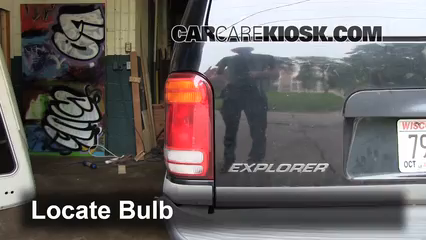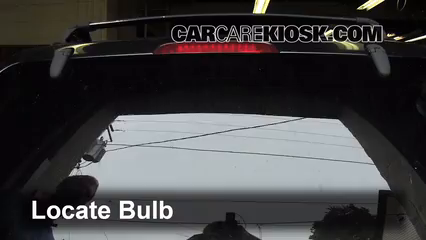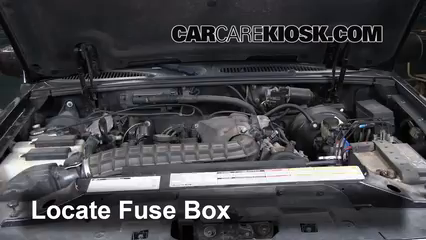Fix Coolant Leaks: 2000 Ford Explorer XLS 4.0L V6
Ford Explorer Model Years - 1995, 1996, 1997, 1998, 1999, 2000, 2001
How to fix a radiator and coolant leak with stop leak
Hans Angermeier is an ASE certified Maintenance and Light Repair Technician and has produced over 100,000 videos showing drivers how to fix things on their cars. He has broad expertise on basic repair procedures covering the majority of cars on the road. Over the past 10 years, Hans has been focused on building CarCareKiosk, which is visited by millions of drivers each month.
- Honda City helped make these videos
- Feedback
- Download Ford owners manuals
Follow the steps in this video to see how to fix minor coolant (antifreeze) leaks in your 2000 Ford Explorer. Leaking coolant / antifreeze is one of the more common types of leaking fluid from Explorer engines. Engine coolant (which is also called antifreeze or anti-freeze) moves through the inside of your Explorer engine and keeps it from overheating. Coolant / antifreeze can leak from the reservoir, radiator or any hose, in 2000 Explorer with the 4.0 liter engine. However, a coolant leak (aka an antifreeze leak) is most likely to occur where the hoses connect to the engine or radiator. Otherwise, your Explorer may have a radiator leak. This video shows you where the coolant reservoir, hoses and connections on your 2000 Explorer XLS are located and the steps needed to fix minor leaks.
A few things to note about coolant is that it is sweet tasting and highly toxic, so it can end up in the dog's stomach pretty quickly. If you ignore a small coolant leak long enough, you will run out of coolant, which leads to an overheated engine and other serious, but highly avoidable, problems. An anti-freeze leak can cause the temp sensor to record high engine temperatures in a 2000 Ford Explorer. Always protect yourself with safety glasses and gloves when working with the coolant on your Explorer.
- Advance Auto coupon for
20% off entire order: KIOSK20















 STOP AND SEAL LEAKS
STOP AND SEAL LEAKS EXTENDS A/C LIFE
EXTENDS A/C LIFE PROTECTS AGAINST A/C WEAR
PROTECTS AGAINST A/C WEAR